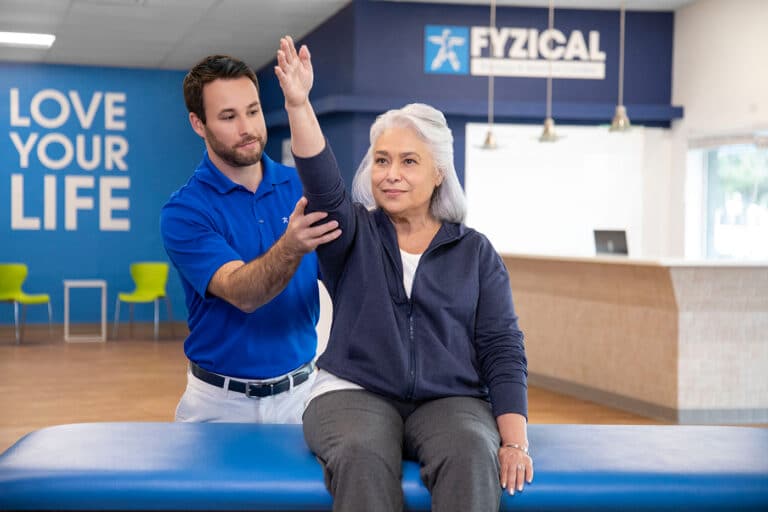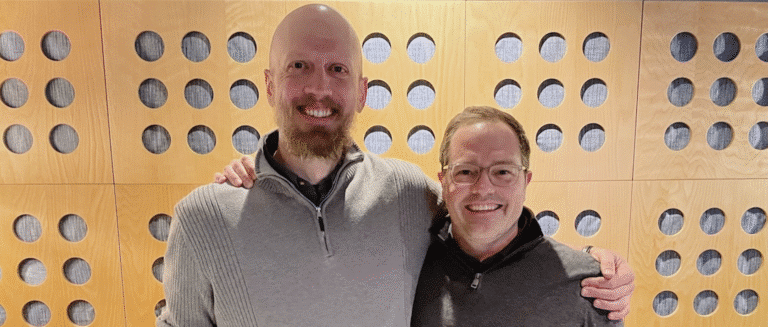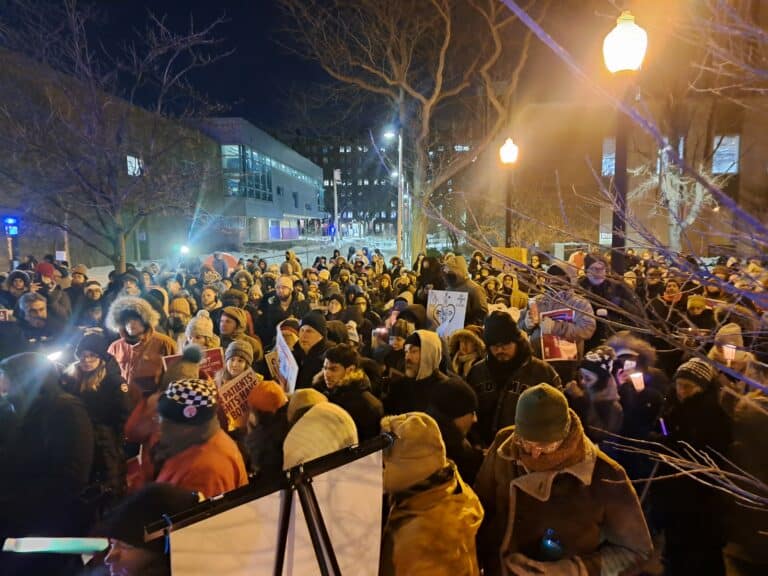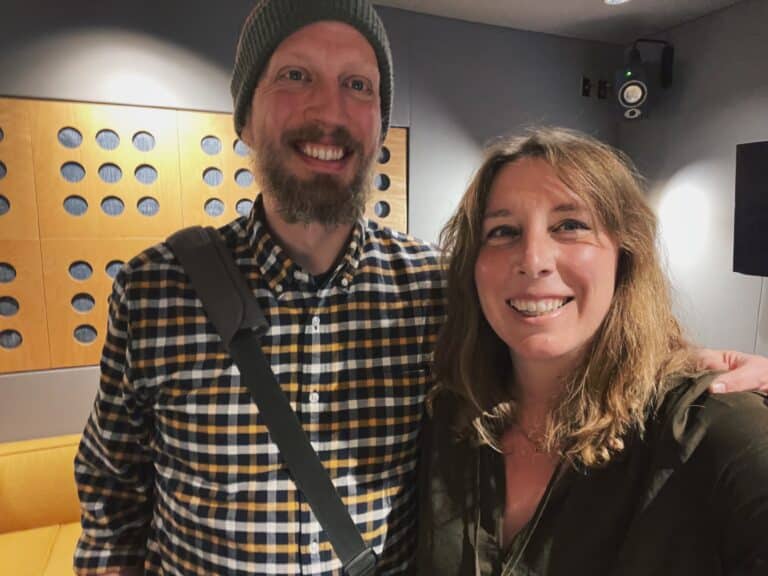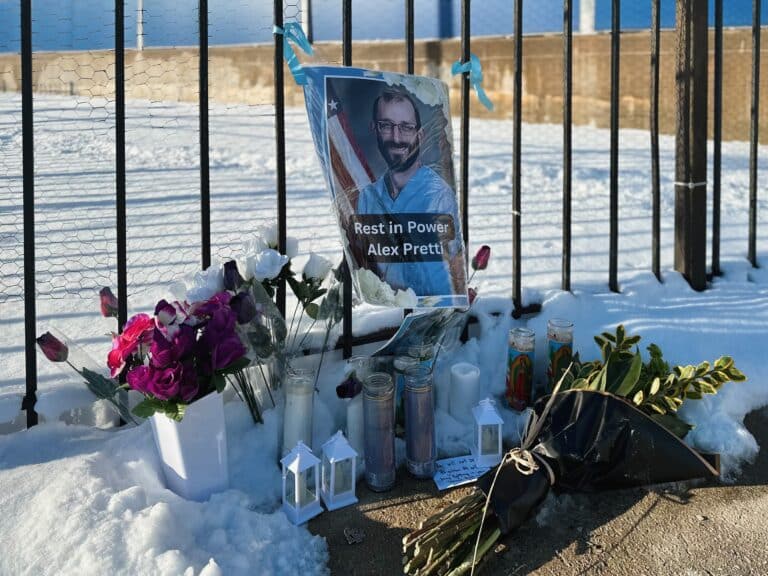Expanding mental health literacy in the Black community
It’s an understatement to say that coming to grips with my mental health has been an uphill battle. For years, I trained myself to suppress my mental illness to cope with these unwanted feelings. Professional help never crossed my mind.
Black people don’t go to therapy, I’d assure myself time and again.
It’s a common thought among communities of color, apparently. Therapist Karla Hargrove, of The Family Institute at Northwestern University, says, “Generations of families who lived through the eras of Jim Crow and the civil rights movement had to keep pushing through such adverse situations. Taking a moment to reflect on emotional awareness or mental health was not an option due to being in constant survival mode.”
Mental health tends to be stigmatized in Black communities for a variety of factors: cultural norms, religious and spiritual practices, and familial beliefs, Hargrove says. Instead of encouraging each other to seek mental health treatment, families perpetuate ideas such as “you’re responsible for your own problems, asking for help or support is a sign of weakness, or we don’t discuss family issues and concerns outside of the family,” Hargrove says.
I thought internalizing my melancholy was the best course of action. I didn’t want my family, friends, and colleagues to see me as weak. Outwardly, I crafted an image of a normally functioning human navigating his 20s. Internally, I was living through a private hell, in the form of panic attacks, mental breakdowns, ideations of harming myself, and a suicide attempt.
The decision to sacrifice my mental health in order to not be perceived as a liability nearly cost me my life. But I changed my course. I let my failed suicide attempt turn into my success. Through medication and professional counseling, I received the help I needed to steer myself towards the right mind frame. But a part of me still felt shame in admitting that I had mental illness in the first place.
As it turns out, my struggle with transparency around my mental health is a microcosm of a prevailing, cultural stigma for Black men in America. Black adults are more likely than their white counterparts to experience emotional distress, the U.S. Department of Health and Human Services reports. Yet, less than half of Black adults with mental illness — 1 in 3 — receives treatment.
History of barriers
So why is it difficult to address mental health in the Black community? Tanya Sorrell, PhD, is an associate professor of psychiatry at Rush University Medical Center with more than 25 years of experience in treating mental health.
If Black men interpret mental health issues as a crutch and not a legitimate medical issue, it decreases the likelihood that they will feel comfortable talking about their mental health, Sorrell says. “We know that mental health in general is one of the least discussed substance use issues among Americans. But particularly, because persons of color have also experienced difficulties in medical and healthcare encounters, it creates an additional barrier.”
Not only do those barriers exist internally, but clinicians reflect them externally as well. “Black and Latino [people] reporting mental health issues are less likely to be referred by medical providers for mental health service,” Sorrell says. “They are less likely to be seen for substance use services or prescribed medications to help with mental health or substance use services, regardless of income, education or insurance.”
However, there is hope for addressing the mental health stigma head-on. And it comes from leaders in mental health who are acknowledging shortcomings in the field. Last year, the American Psychological Association (APA) issued a formal apology to communities of color, admitting that it “failed in its role leading the discipline of psychology, was complicit in contributing to systemic inequities….thereby falling short on its mission to benefit society and improve lives.”
Culturally responsive care
Sorrell says people need more than words, though. Organizations like the APA must set expectations around culturally responsive care, a process that aims to provide equitable treatment on an individual basis, tailoring care within the context of each person’s culture and history. For Black men, that often means addressing their shared historical experience of racism and inequities that stretches back through the generations.
Acknowledging failures and refocusing treatments are two important steps, but Sorrell says mental health providers need to do a better job of engaging Black men as well.
“There must be something that we can do as a system to help [people] feel comfortable with starting and continuing services,” Sorrell says. “We [can better] educate the public to destigmatize treatment for mental health and substance use, and [assure] them that mental healthcare, substance use treatment and therapy work.”
I am living testament to that.
If you are having thoughts of suicide, call the National Suicide Prevention Lifeline at 988, or go to SpeakingOfSuicide.com/resources for a list of additional resources.
Originally published in the Fall 2022/Winter 2023 print issue.
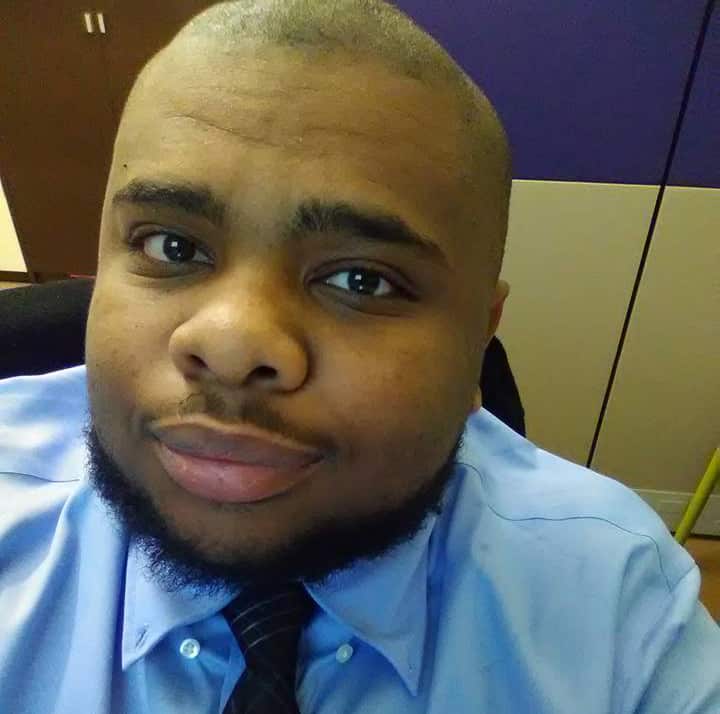
Alex Camp is a freelance journalist with a master’s in public administration, specializing in public affairs reporting, from University of Illinois Springfield.



